Tips for More Effective Studying
Studying may become much more difficult to plan as students become more independent with their schedules. Too frequently, people believe that studying for long hours is the best alternative, but this is not always the case. Photo courtesy of Madeleine Moreno.
Whether you are a freshman or a senior, balancing course work with other responsibilities such as studying can be quite challenging. While we all recognize the importance of studying, sometimes it can be difficult to put methods into practice due to low motivation and poor time management skills.
To ensure that you keep the most information in classes, you must build strategies that will work for you in the long run. Consider the following advice as you search for the best study techniques for you!
One of the best ways to increase productivity is to change your environment. Changing the setting in which you learn can improve memory since it encourages your brain to adapt to new situations and think creatively.
Being surrounded by the same scenery every day can reduce efficiency and cause boredom or distraction. Instead of staying in your room, try going to your local coffee shop or a Barnes and Nobles to do your studying.
Another way to be more productive in studying is the spacing method.
Rather than wedging information in your brain the night before an exam, a more effective method is to space out what you are learning. The goal of spaced learning is to overcome the habit of forgetting information for a certain period.
Students are more likely to keep and understand new knowledge when it is delivered slowly and regularly over time. An example of this could be studying for only an hour every other day, instead of a five-hour intensive cramming session.
Since our attention span is a finite resource, and can only be focused on a certain number of things at a time without causing other distractions, the idea that we’re able to work well while multitasking is unlikely.
An additional method could be partnering with a buddy to do your studying.
When working in groups as opposed to alone, students typically pick things up much more quickly. They will have the chance to clarify concepts, go over material, discuss ideas, and dispute with one another on the subject.
On top of that, you will have the chance to examine a range of study techniques that work for others and implement them into your routine on your own. Two crucial study abilities that may also be improved are note-taking and organization.
A further proposition as to why people feel burnt out after or even during studying is because they don’t give themselves breaks.
While many people think that late night cram sessions will help them achieve the grade that they want in a class, it’s quite the opposite. Skipping breaks can leave a significant negative impact on academic performance and, in some cases, result in more serious health issues.
Taking brief breaks to unwind will reboot your productivity and ability to focus and it can even help to reduce levels of stress as it allows you to have a reflection period.Utilizing some of these techniques will quickly transform how you learn and remember information, which will help in the long run!
Your donation will support the student journalists of Steinbrenner High School. Your contribution will allow us to purchase equipment and cover our annual website hosting costs.

Madeleine is a freshman at Steinbrenner and a first time Oracle Staff Writer. In their free time, they like to roller-skate and watch movies.


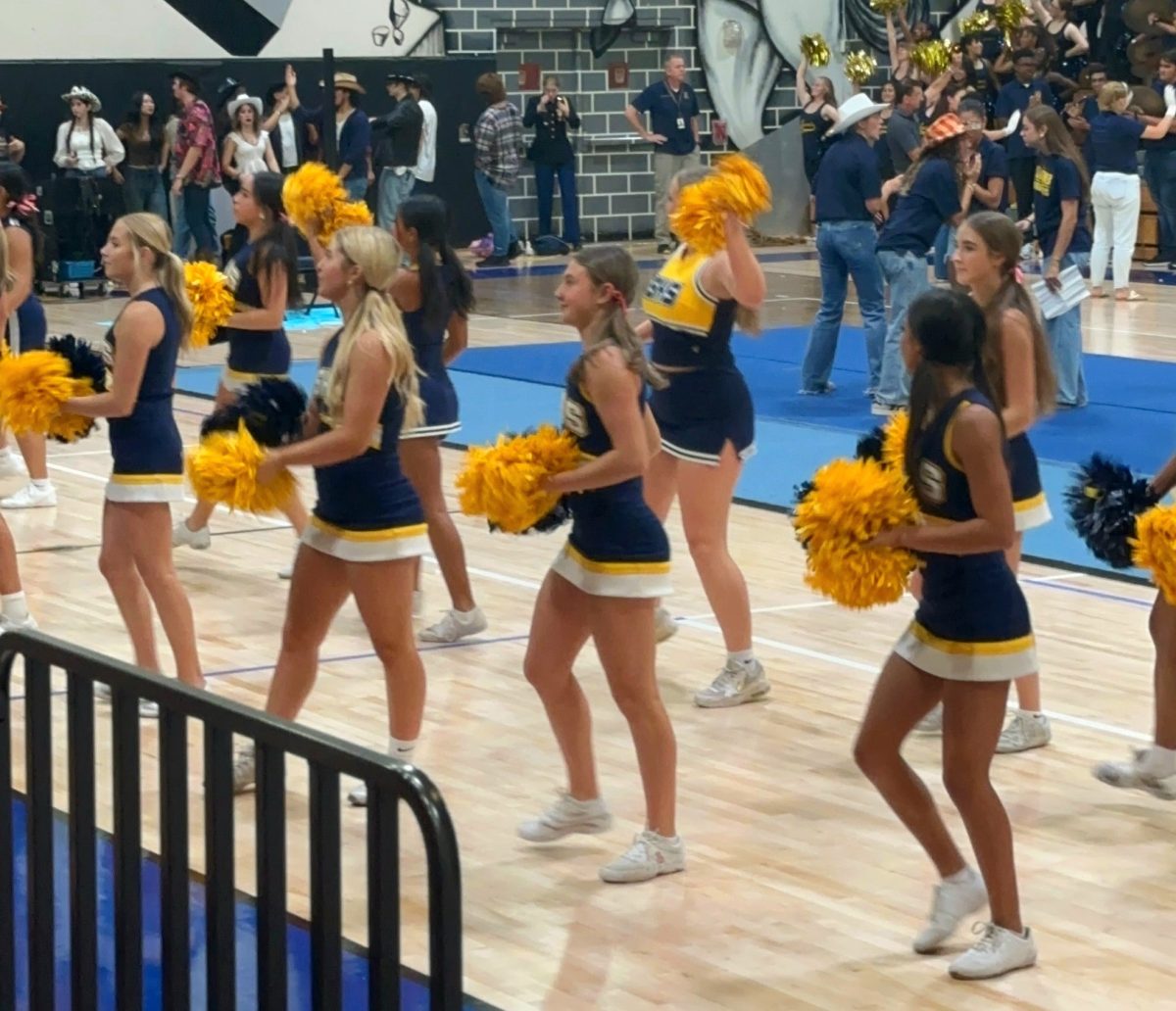




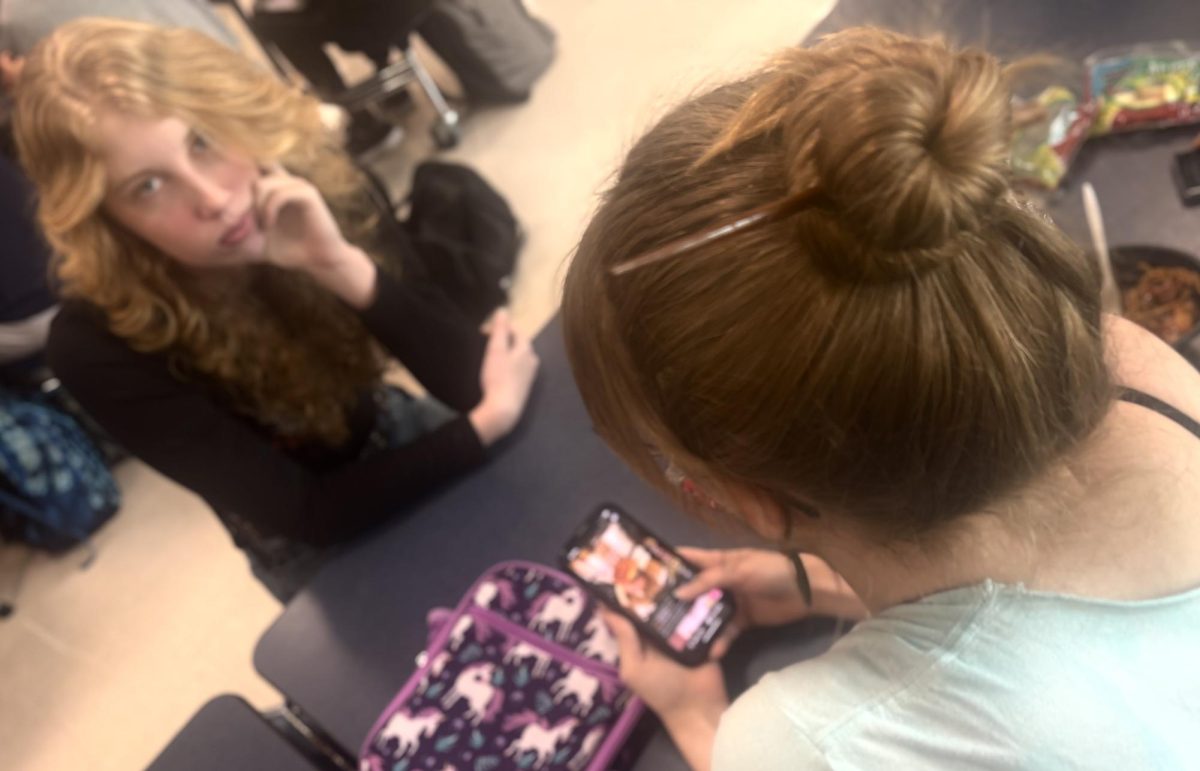




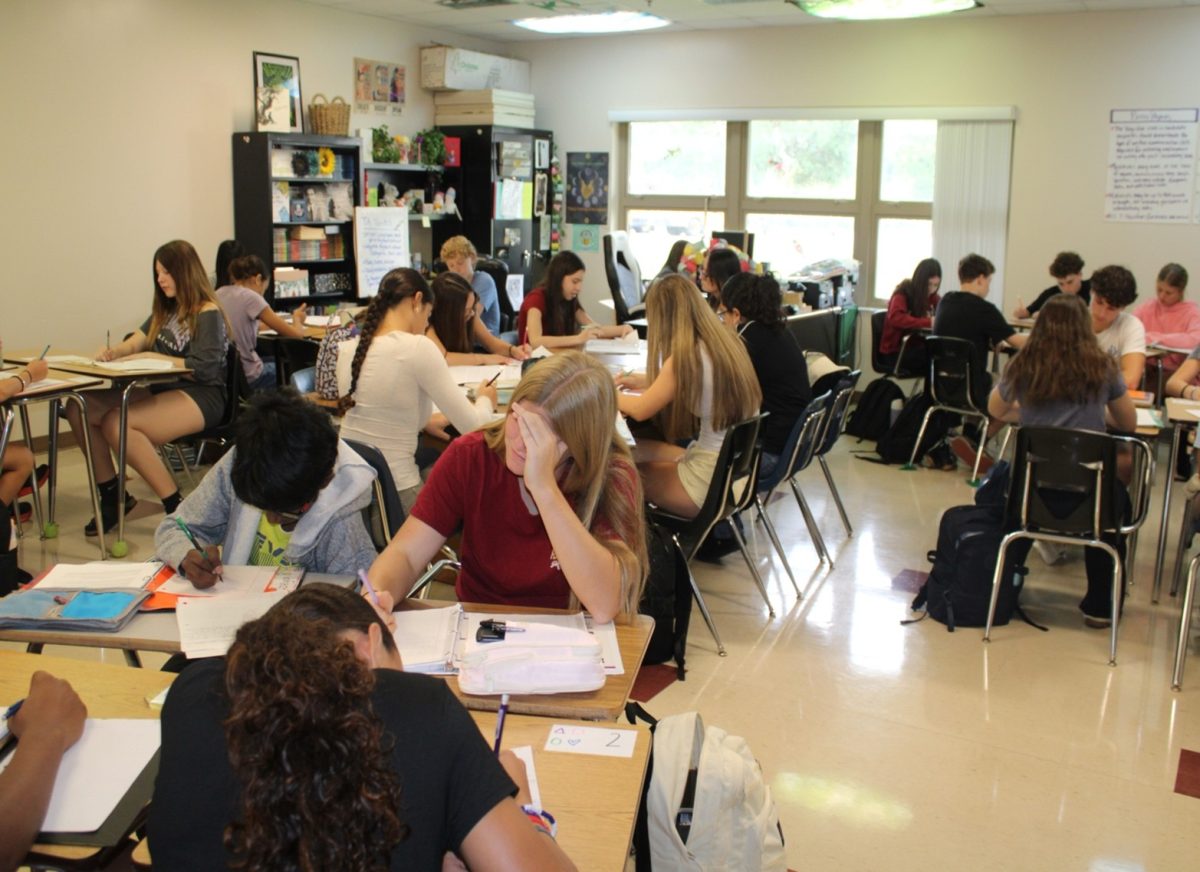


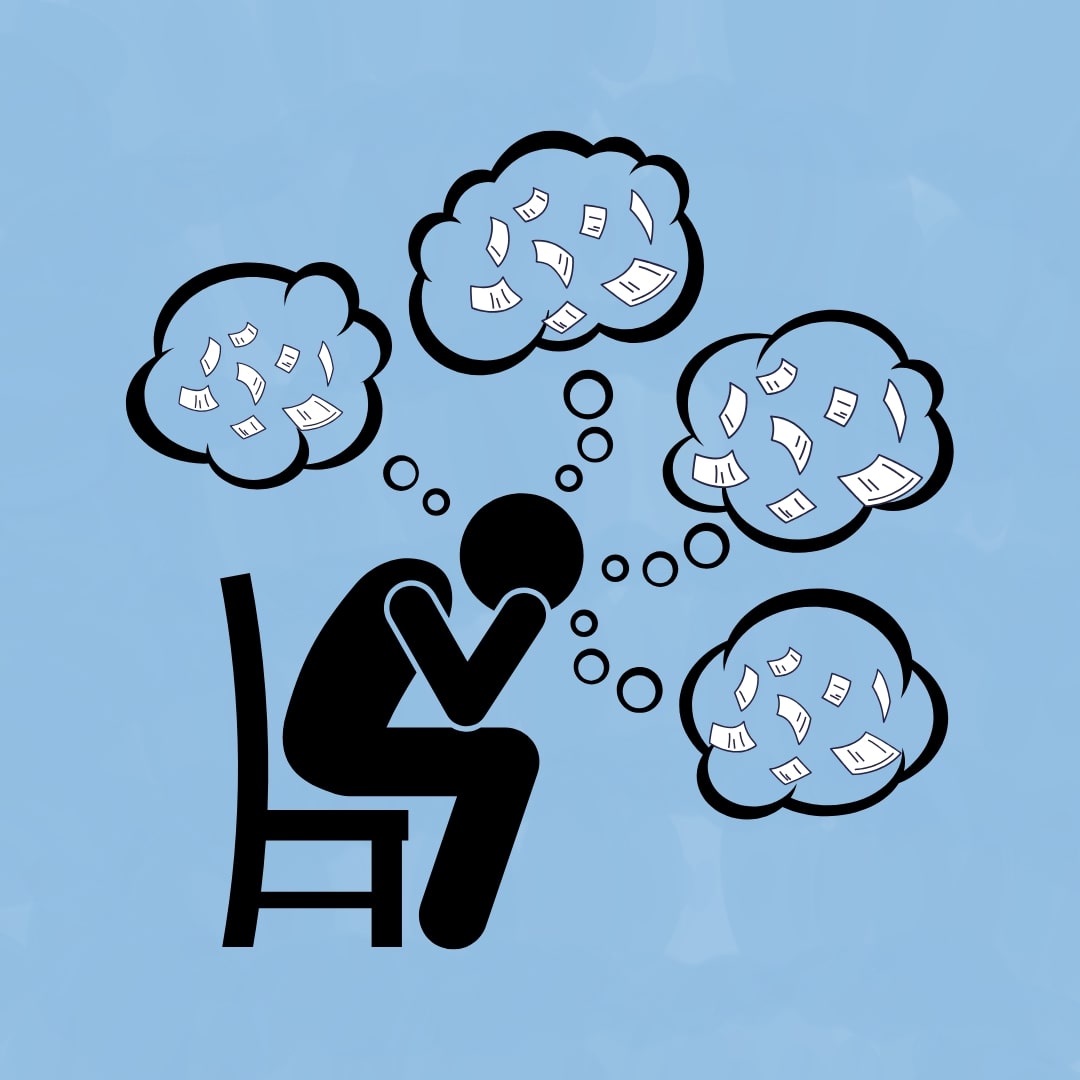

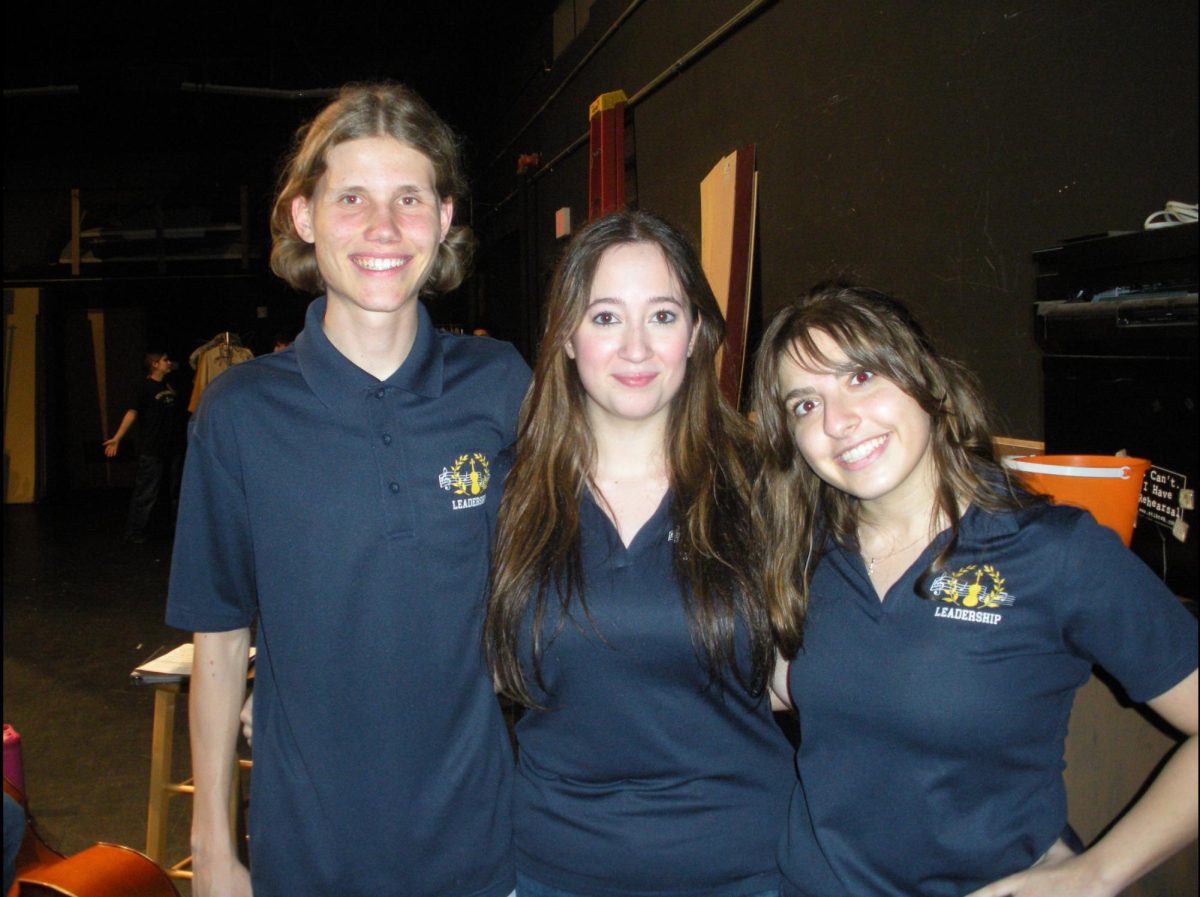



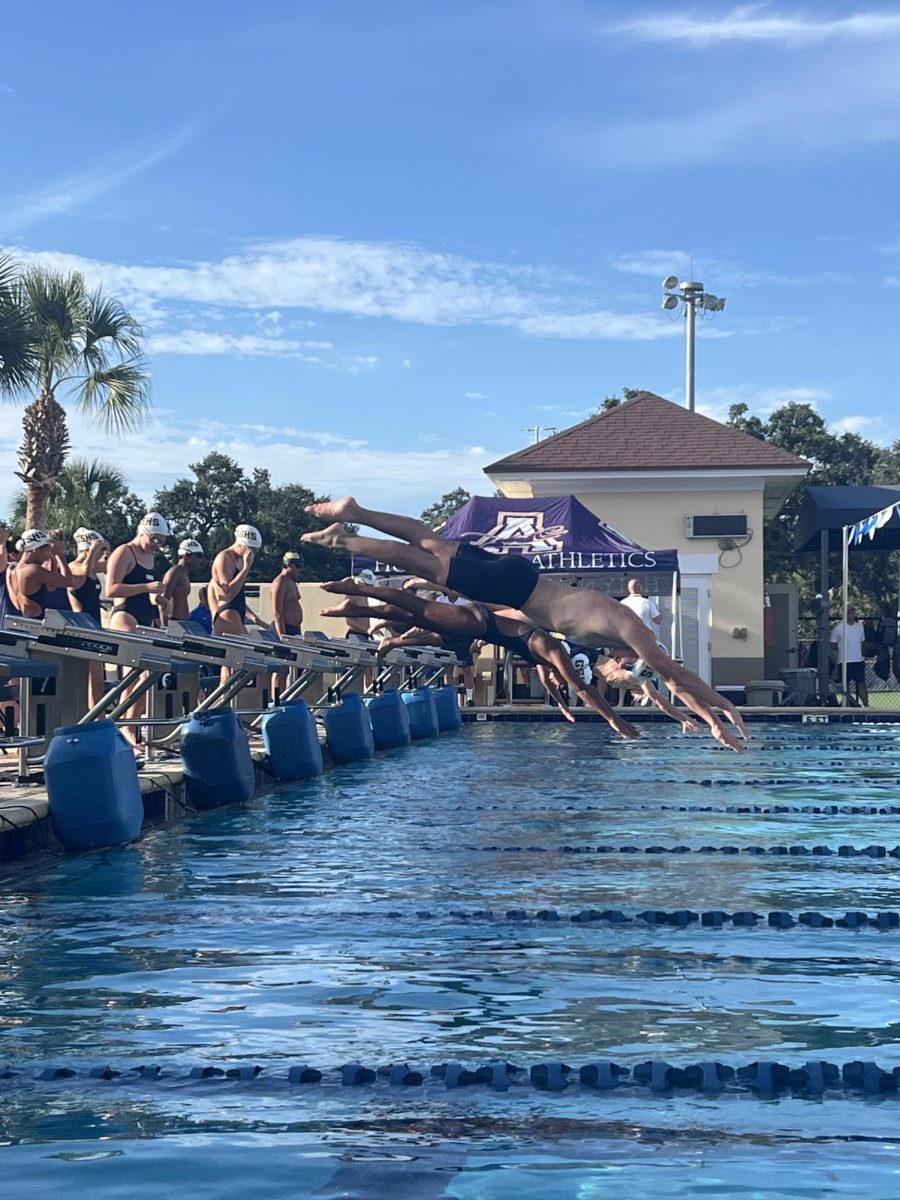




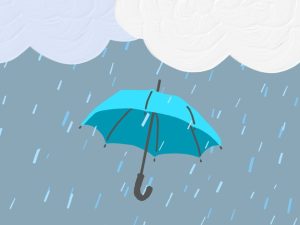
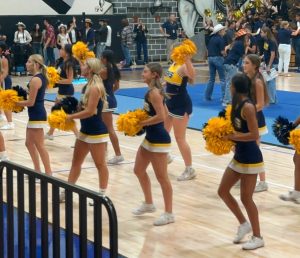








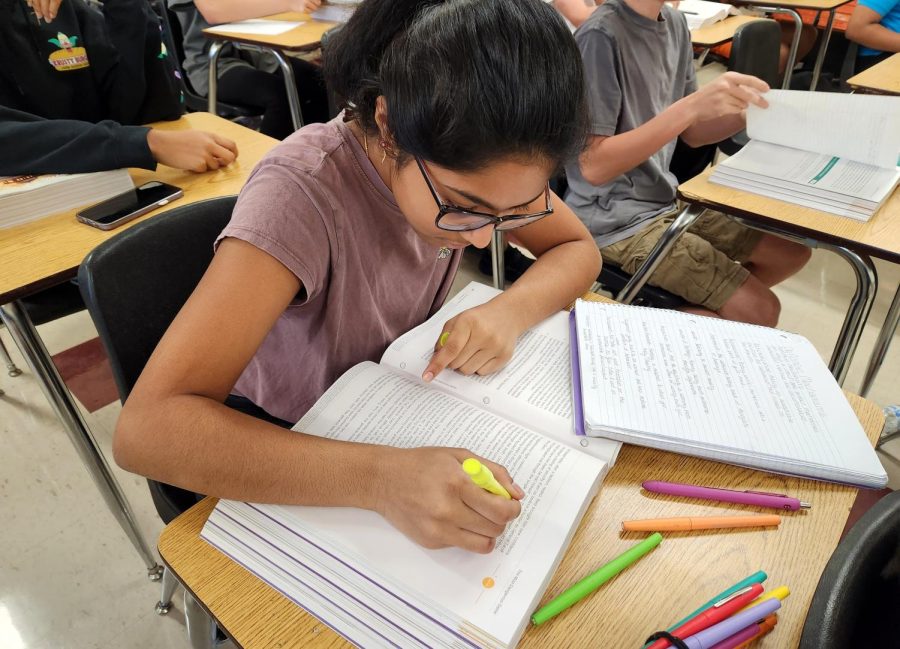

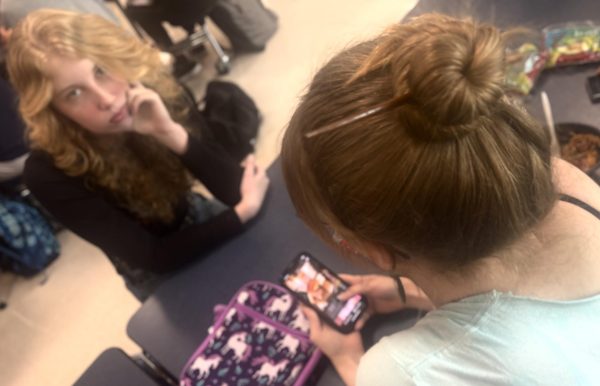


Gabby R / Nov 7, 2022 at 10:15 am
Love the tips
Lanie t / Nov 6, 2022 at 1:15 pm
Nice tips! Might use this, seems really useful!